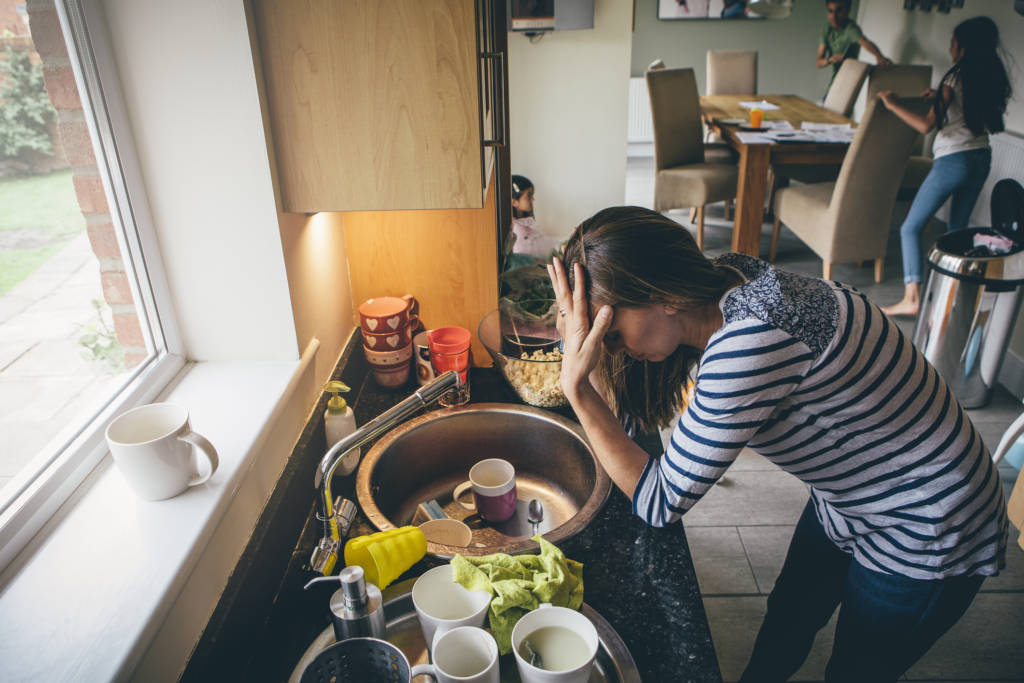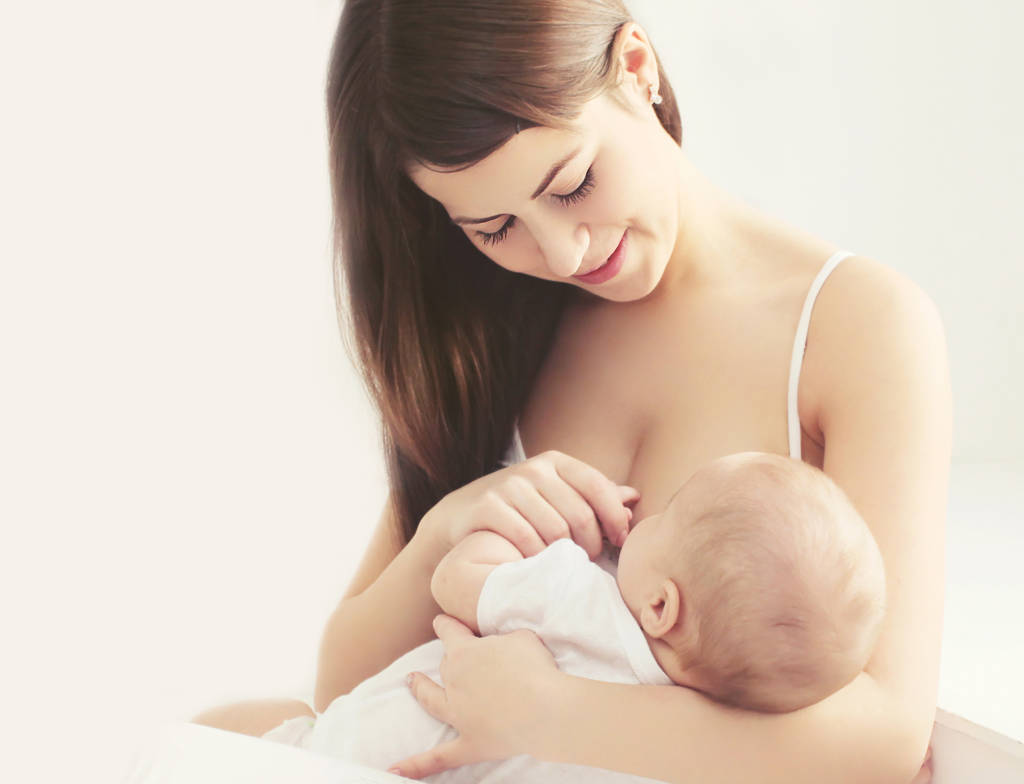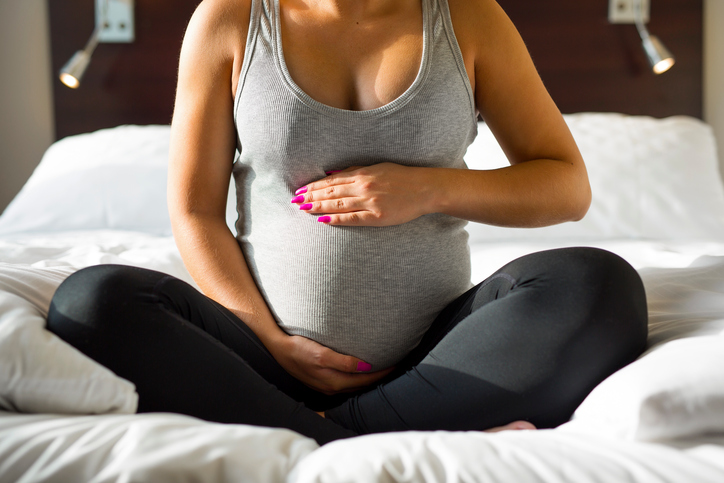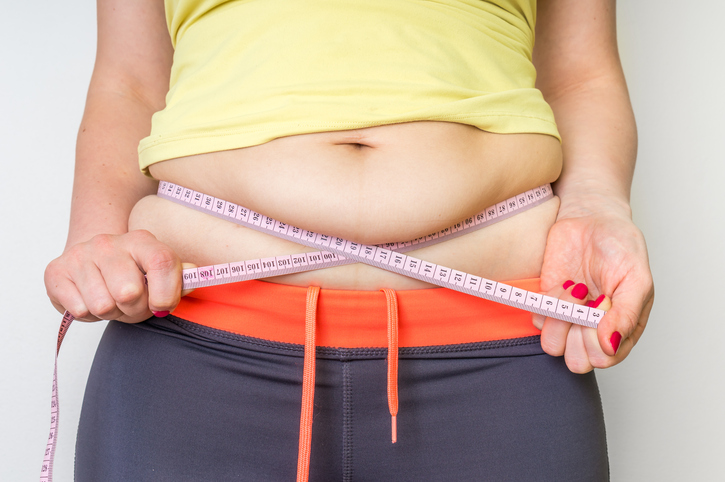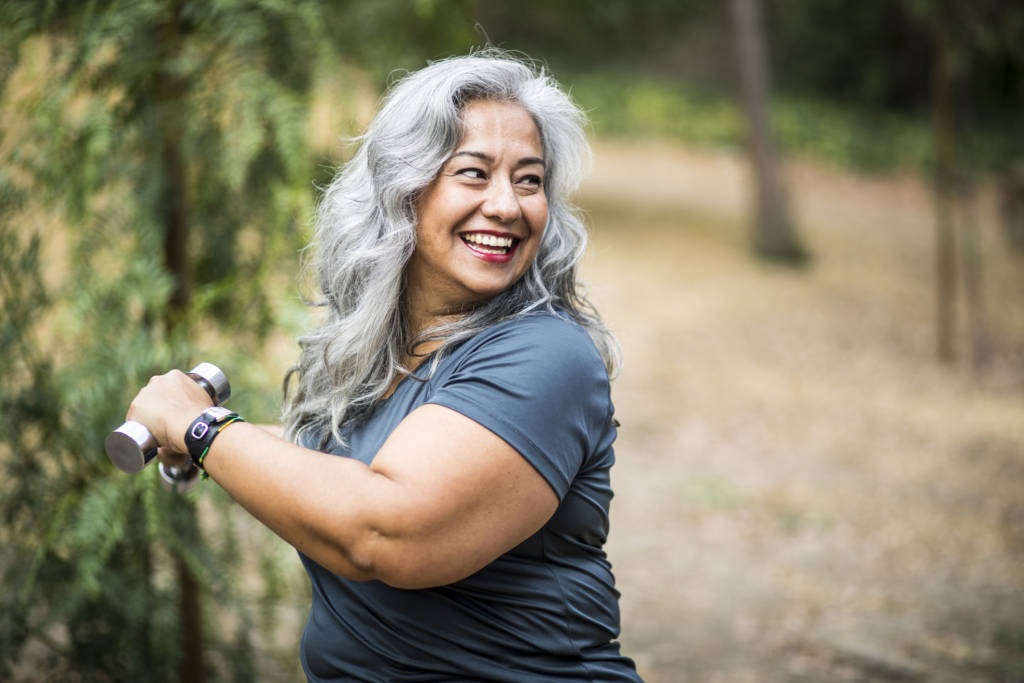There’s an old saying that says that women, like fine wine, get better with age, and it might actually be true. A Florida State University researcher has found that younger women’s concerns about wrinkles and deteriorating health cause them to have lower emotional well-being than those women who’ve passed the ‘midlife crisis’ phase.
Anne Barrett, a sociology professor and director of FSU’s Pepper Institute on Aging and Public Policy, found that young women’s greater anxieties about declines in health and attractiveness degrade their emotional well-being, while older women’s maintenance of increasingly youthful identities as they age enhances their well-being.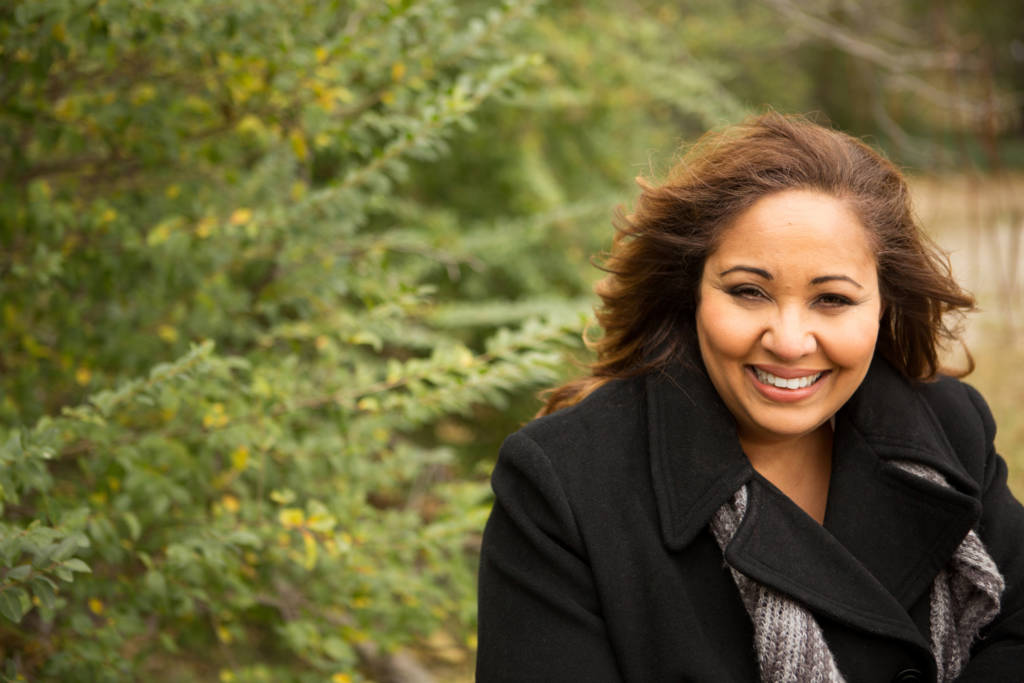
The study, “Explaining age differences in women’s emotional well-being: The role of subjective experiences of aging,” will be published in the Journal of Women and Aging in December.
“Our society’s marginalization of older women can have consequences for women across adulthood,” Barrett said. “It can erode their emotional well-being long before they reach old age.”
Barrett and research partner Erica Toothman, an instructor in the sociology department at the University of South Florida, examined the role of five components of the subjective experience of aging in accounting for age differences in women’s emotional well-being — age identity, conceptions of the timing of middle age, aging attitudes, aging anxieties and self-assessed physiological changes.

